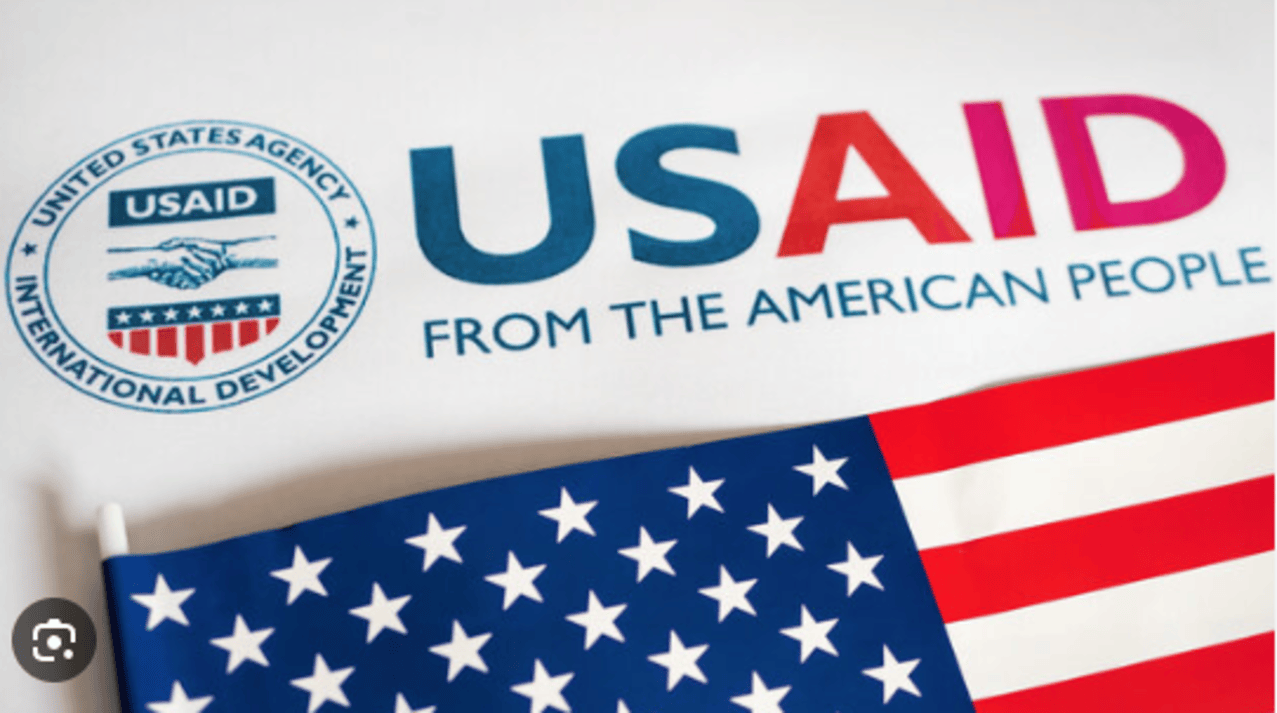The United States Agency for International Development (USAID) has been thrown into turmoil following a series of unprecedented moves by President Donald Trump and billionaire Elon Musk, with critics decrying their actions as illegal and dangerous.
On Monday, USAID workers were locked out of their Washington, D.C., headquarters, marking the latest escalation in the Trump administration’s efforts to overhaul the agency. This move follows Trump’s controversial January 20 order to freeze most U.S. foreign aid, a decision made as part of his “America First” agenda. Since then, a number of vital USAID programs—critical for delivering humanitarian aid worldwide—have ground to a halt, endangering countless lives.
The freeze has drawn significant backlash from Democratic lawmakers, with Senators Brian Schatz and Chris Van Hollen vowing to block the confirmation of State Department nominees in protest. They argue that Trump’s actions are illegal and could have far-reaching consequences for global aid programs. “It’s flatly illegal, and it is dangerous to Americans at home and abroad,” Schatz stated.
In a twist, Musk—known for his advocacy of reducing the size of the federal government—has been tasked with assessing USAID’s efficiency. Sources suggest Trump may be considering merging USAID into the State Department, with Musk overseeing the process. Musk has long criticized USAID, calling it inefficient and unaccountable to the White House. However, many see his criticisms as ideologically driven and lacking in concrete evidence.
In response, USAID employees, including some senior staff, have voiced concerns about the potential dismantling of the agency. Lawmakers and staff gathered outside the headquarters to protest, holding signs that read “USAID saves lives.” Critics warn that if the agency is dissolved or absorbed by the State Department, it could undermine the U.S.’s ability to address global crises.
Under Trump’s orders, some USAID staff, including personal services contractors (PSCs), have been locked out of their accounts, significantly hampering the agency’s operations. This move threatens to disrupt aid programs aimed at addressing issues such as women’s health in conflict zones, energy security, and anti-corruption efforts.
The U.S. remains the world’s largest humanitarian donor, with USAID contributing approximately $72 billion in foreign aid in 2023. As of 2024, the U.S. was responsible for 42% of all humanitarian aid tracked by the United Nations, underscoring the agency’s vital role in global efforts to combat poverty, disease, and humanitarian crises.
Despite Trump’s rhetoric, many Democrats insist that any attempt to dissolve USAID or alter its independence requires Congressional approval. With the fate of U.S. foreign aid in the balance, this high-stakes political drama is far from over.



